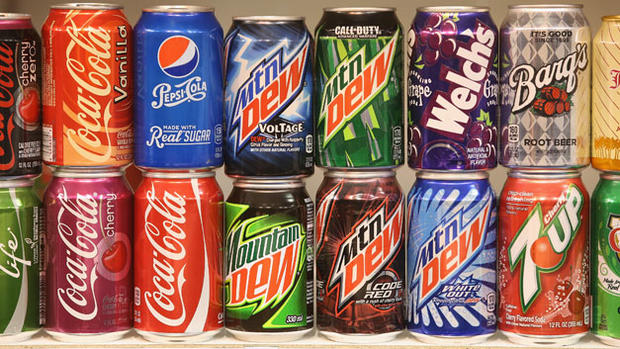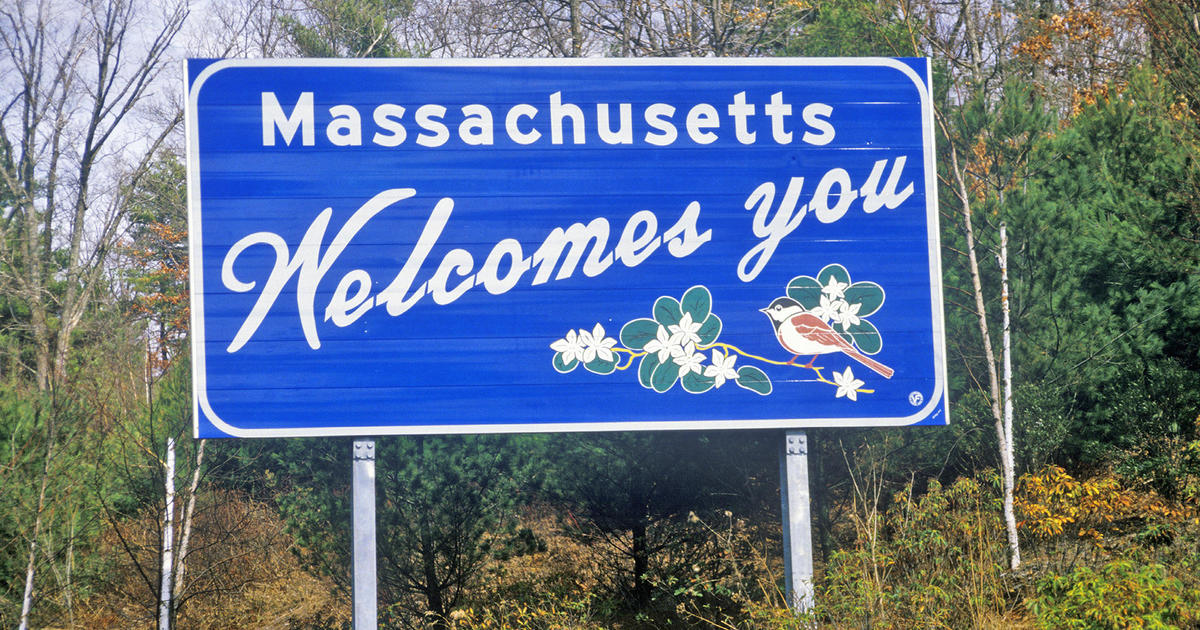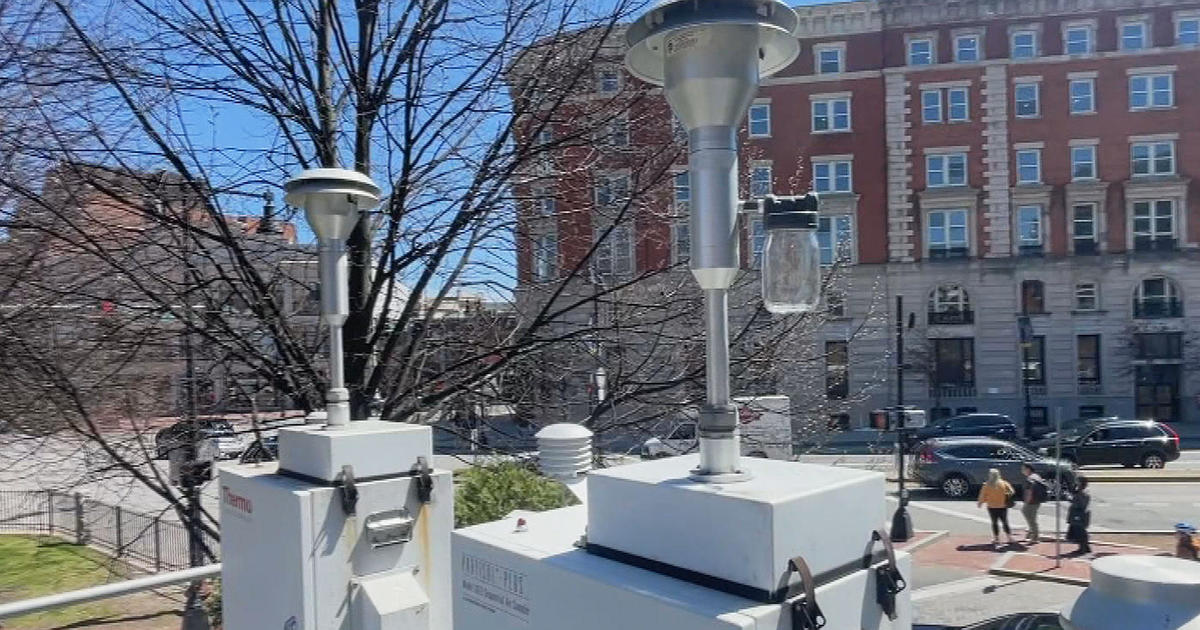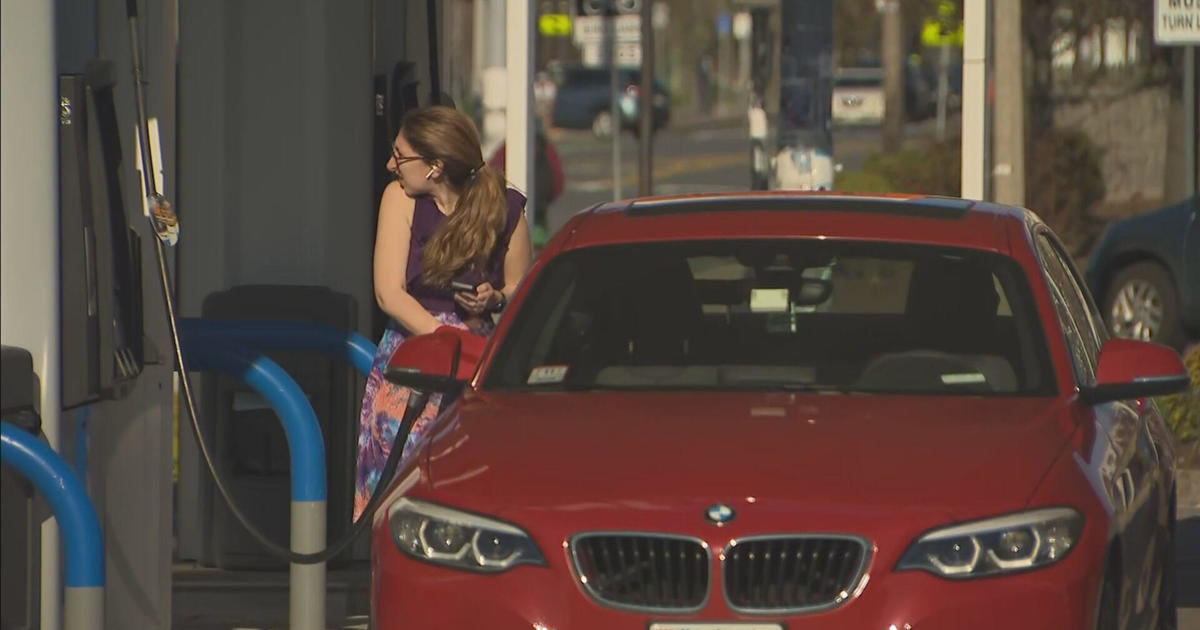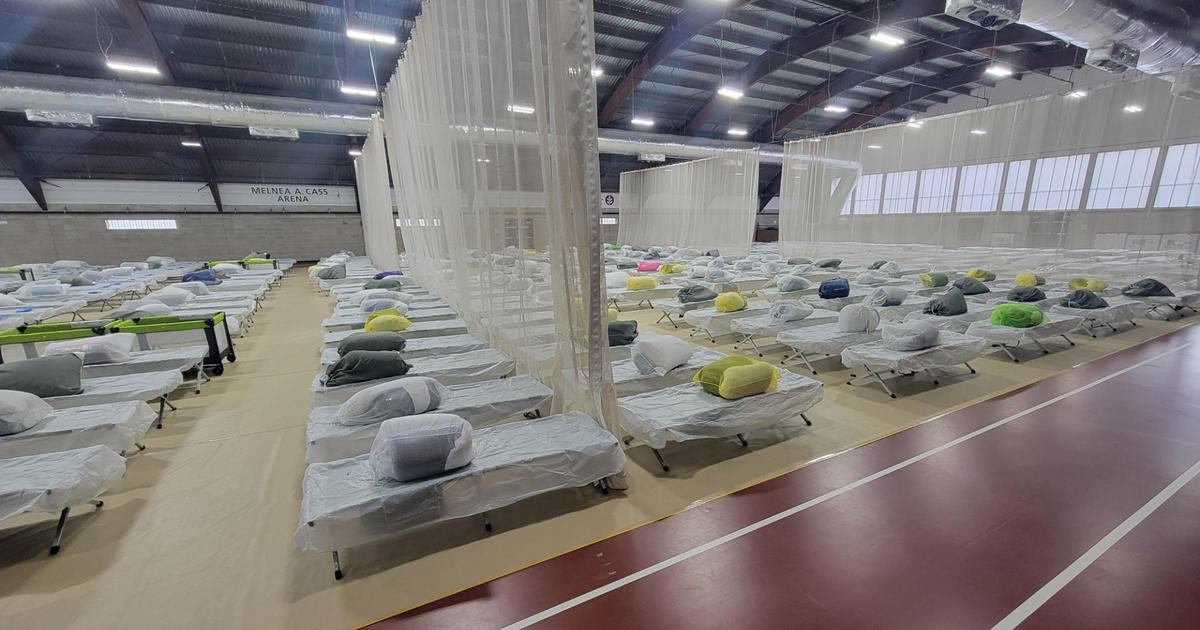State Lawmakers Consider Taxing Soda, Sugary Drinks
BOSTON (CBS) --State lawmakers are considering a new tax on soda and other sugary drinks. The higher the sugar content, the more money you'll pay.
The bill's sponsor said the tax could help promote healthy alternatives while the opposition says it will hurt the economy.
A hearing at the State House on Tuesday brought out testimony on both sides.
Julieta Lopez held up packets with the amount of sugar in a large soda.
"This is how many packs of sugar are in that one bottle. This is ridiculous. Something needs to be done," she told members of the Revenue Committee.
The tax could add as much as 2-cents an ounce to the cost of sodas and other sugary drinks.
"The sugar-sweetened beverages contribute to higher rates of preventable chronic diseases such as type 2 diabetes, obesity, cancer, stroke, tooth decay and heart disease," said State Rep. Kay Kahn, one of the bill's sponsors.
The idea of the soda tax is to reduce those health problems by making sugary drinks more expensive in hopes of cutting consumption. For drinks with less than 5 grams of
For drinks with less than 5 grams of sugar, there would be no tax. Drinks with 5 to 20 grams of sugar would be hit with a tax of a penny per ounce. If your favorite soda has more than 20 grams of sugar, that would cost you an extra 2-cents per ounce.
Here's an example: A 20 ounce regular Coke has 65 grams of sugar. So if the tax is passed it would cost an extra 40-cents.
"A sugary drink tax offers a path to improved health and increased revenue," said Winthrop Board of Health member Bill Schmidt.
Tax proponents said the revenue would be invested in public health programs, especially those aimed at children.
"This is an egregiously high tax. It is extremely burdensome and it is focused heavily on low-income households," Kevin Dietly representing the American Beverage Assoc. told the committee.
Opponents of the tax said not only will a soda tax hit consumers, it will also cost jobs and hurt businesses, and send people to neighboring states to shop.
"There are border issues we have to deal with. Traffic would certainly flow over the state lines even more than it would now," said Brian Houghton from the Mass. Food Association.
Dietly added, "Massachusetts retailers would lose about $700-million a year in retail sales. That's food stores, convenience stores, restaurants, theaters, and bars."
The bill's sponsor said it would raise $368-million dollars a year. The excise tax would also apply to other sugary drinks in addition to sodas.
